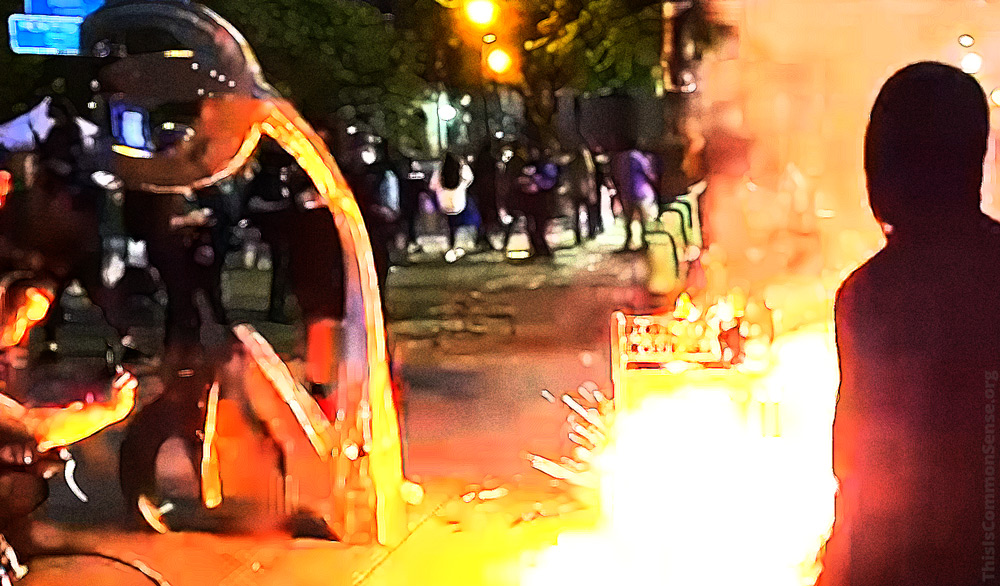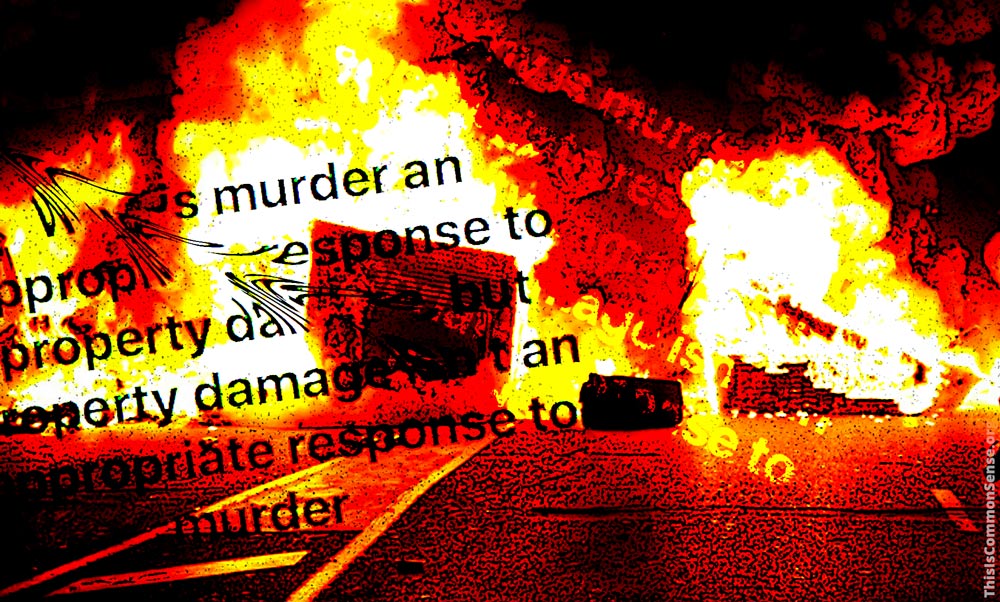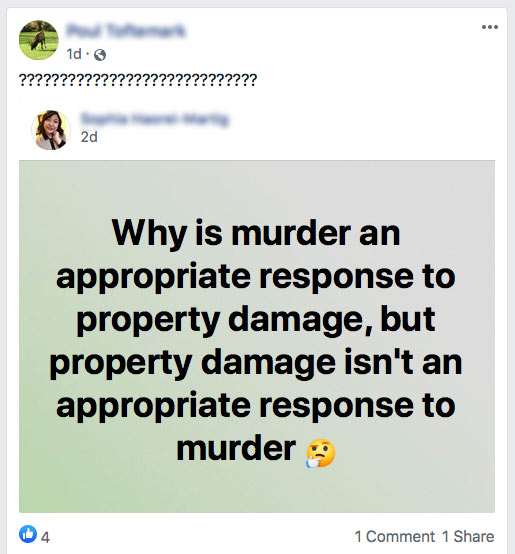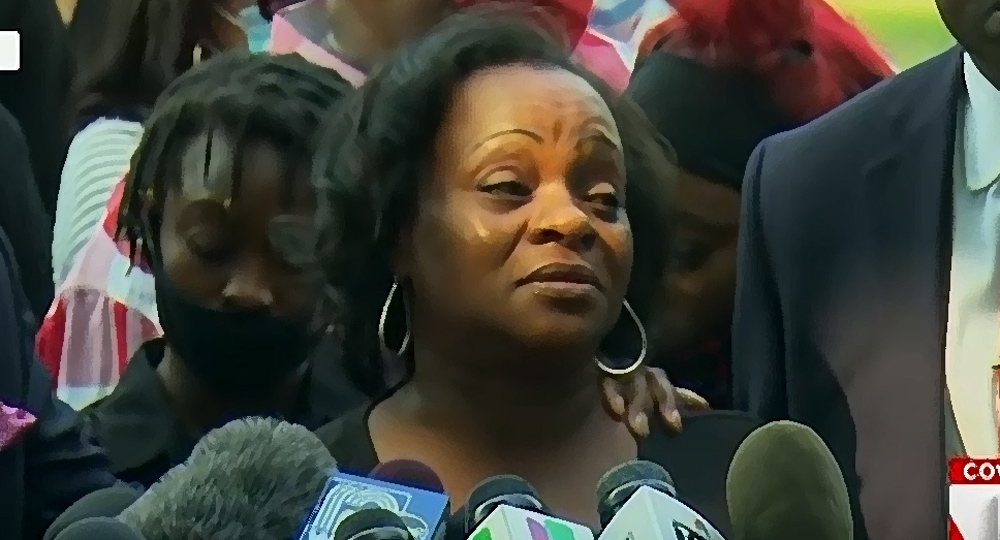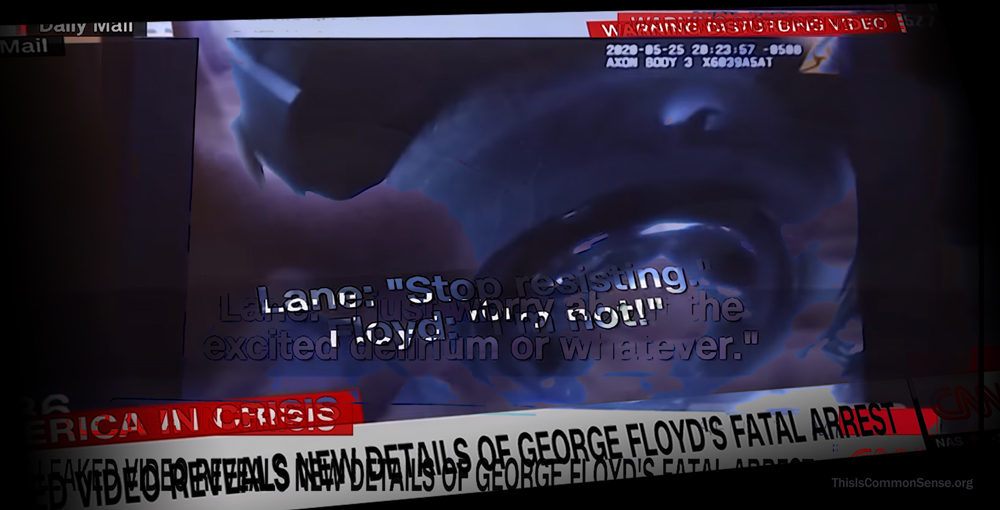Breonna Taylor is dead. She was shot five times by Louisville police, who were returning fire after forcibly entering her apartment.
“[T]he department had received court approval for a ‘no-knock’ entry,” reports The New York Times, but “the orders were changed before the raid to ‘knock and announce,’ meaning that the police had to identify themselves.” There is disagreement as to whether police did so.
It appears that shortly after midnight on March 13, police knocked down Ms. Taylor’s front door and her boyfriend fired his gun at what he thought was an old boyfriend of Breonna’s.
That old boyfriend, Jamarcus Glover, who has a “2015 drug trafficking conviction” and “several pending drug and weapons cases against him,” Louisville’s WAVE-3 TV informs, “was named on the March 13 warrant that sent officers to Taylor’s apartment.”
But three lawmen came through the door instead. One was hit in the leg and they opened fire.
Another of them, already terminated by the Louisville Metropolitan Police Department, was charged yesterday with “wanton endangerment” for firing his weapon indiscriminately. But no charges for Breonna Taylor’s death.
While the apparent police misconduct must not be excused, it is too easy to blame police. Breaking down doors — whether after “no-knock” or a brief wee-hours rap on the door and yodeled announcement (when the target is likely asleep) — leads to gun battles and lost lives . . . of innocent citizens as well as police officers.*
And the drug laws that ultimately brought Louisville’s battering-ram-wielding cops to Breonna’s door were not written by those policemen.
They were written by politicians, and it is they who must change the laws and the policies that led to Breonna Taylor’s death.
But they will never do it unless we make them.
This is Common Sense. I’m Paul Jacob.
* I remember Cory Maye in Mississippi, who was on death row for years after killing a policeman in a late-night no-knock raid on his home. No drugs found. Wrong house. Thankfully, Cory was finally released. But the policeman is still dead; his wife and kids lost a husband and father.
Note: As we put this commentary to bed, two Louisville policemen have been shot and a suspect arrested. Both officers are receiving treatment at a local hospital.
—
See all recent commentary
(simplified and organized)
